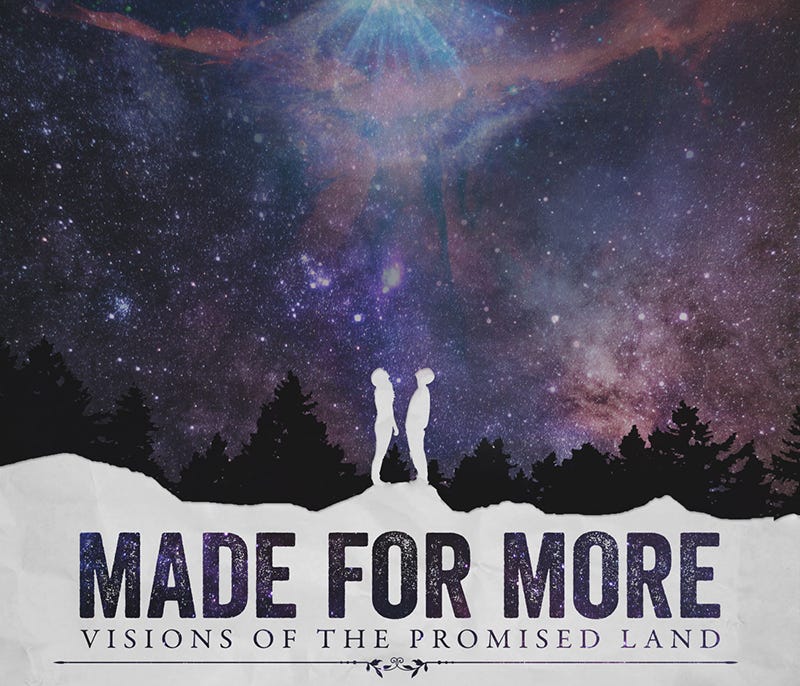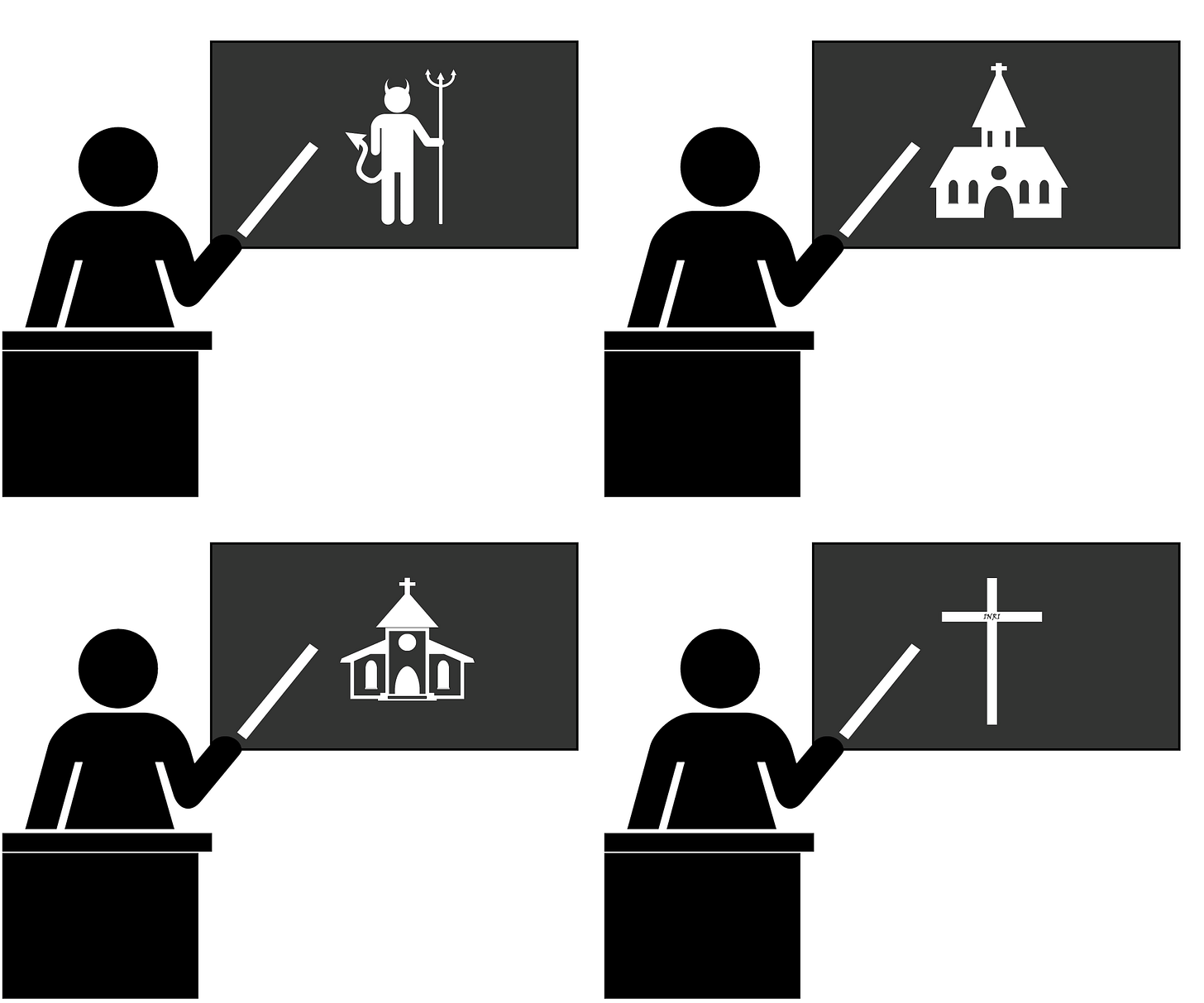The sexual abuse scandal within the Roman Catholic Church is now well documented and well known. Deplorable as it is, there has been a very important movement within Catholicism of which Christians of all stripes should take note.

Responding to the devastation of the Sexual Revolution, Pope John Paul II delivered 129 teachings over a period of five years—a work described by one theologian as “a kind of theological time-bomb set to go off with dramatic consequences . . . perhaps in the 21st century” (Weigel, George. From Christopher West’s Theology of the Body for Beginners, p. 1).
That very bomb detonated in 2003 as Dr. Christopher West sifted through those teachings and made them accessible. Initially a 500 page volume titled Theology of the Body Explained was published, drawing great academic acclaim. Then West streamlined the teachings further, publishing his very readable Theology of the Body for Beginners.
An entire ministry has sprung up from this explosion of wisdom. West gathered colleagues to help establish The Theology of the Body Institute, which provides a variety of courses, resources, and retreats. Thousands of people have taken their thirty-hour, five-day course “Head and Heart”. Presented in a retreat format, each day offers Mass, worship, and individual confession. And again, the focus is all upon Pope John Paul II’s teaching on sexuality. While most people take the initial course for personal enrichment, the credit gained can be used toward graduate or undergraduate degrees.
As if that were not enough, they have two follow up courses which are just as rigorous and transformational. “Into the Deep” covers some of Pope John Paul II’s teachings which were published posthumously. Exploring the depths of the Song of Songs, some content was initially considered too intimate to publish. Again, this is both an academic and transformational experience of thirty hours.
And finally, a third course entitled “The New Evangelization” develops the Theology of the Body so that it indeed becomes a Sexual Counter-Revolution. They believe that our world desperately needs to understand the full breadth of God’s design for our sexuality, and they have created a way to be downright evangelistic about it!
Yes, it seems the Roman Catholics have developed a new means of evangelizing the world. And they are literally taking it on the road. Dr. West and folk/blues musician Mike Mangione conduct two and a half hour events called Made for More. In a Christian concert atmosphere, they combine music, video, art and lecture to answer some of the basic questions of life, all tied in with a theology of sexuality.1
Now evangelizing the world with a message of abstinence may seem impractical, if not misguided. Chastity hasn’t quite been the topic that draws people to a “seeker sensitive” worship service. If anything, we tend to leave that content to the advanced discipleship course titled, “Oh, and By the Way”.
So I doubt evangelizing with a message of chastity will gain a hearing. Perhaps there was hope for that 15 years ago when the Theology of the Body Institute was getting traction, but there’s been an enormous shift in our culture. There is no longer a shared moral framework that there once was.
In the weeks ahead, I will be giving attention to an excellent book which mirrors the message of Pope John Paul II, only from a Protestant perspective—and it makes this very point. Timothy Tennent’s For the Body is not an easy read, but it is definitely worth putting on your bookshelf.
The final section of his book is about discipling a new generation so that they have a firm grip on a Theology of the Body. Tennent gives reasons to believe the “evangelism” envisioned by the Catholics is misguided. Quoting from Alasdair MacIntyre’s After Virtue, he maintains that making the case for chastity “in a world uninformed by either Aristotelian or biblical values will make very little sense to the adherents of the dominant culture.” Making an argument regarding chastity will only evolve into, uh, an argument.
Tolerance is the new guiding principle. Everyone’s truth is OK, it seems. And the ways in which the Church has harmed the LGBTQ community has become the filter through which the next generation views any input from us. In fact, anything the Church says about sexuality will be viewed as potentially harmful for anyone.
We’ve seen this repeatedly since 2015. Sexual ethics are not determined by reason, but by power. Whether it is a shouting match at the dining room table, the intimidation leveraged in church legislative sessions, or the push for judges on the Supreme Court, the loudest screams make all reason recede to the darkened corners.
What I found helpful in Tennent’s work is his admonition to learn from the Early Church. Discipling people raised in a pagan culture involved lengthy doctrinal catechism classes before a believer could even be baptized. Before one could officially belong to a local body, more classes covering all aspects of ethical living were covered . They were starting from Square One. And now, so should we.
This is a great insight for spiritual formation in general. Contemporary evangelical churches, sensing this need, are dusting off the creeds and inserting them into worship. But much more must be done. It certainly has me re-envisioning discipleship in my own church.
And as we teach the faith and form the faithful, Tennent believes a clear foundation needs to be laid for a Theology of the Body. In fact, he provides seven building blocks for that foundation.
In the weeks ahead, the topics forming in my caffeinated brain include a few posts on this very topic of a sexual catechesis.
All of the above was adapted from an article I published in Firebrand. Want to read it all? Here’s the link.







I think it's a balancing act when dealing with these issues. We may hold abstinence out as the ideal, but I agree that this generation doesn't really connect with the idea well. You have a point about the people in power setting the agenda, but I guess I might argue that I still see the LGBTQ community as being a marginalized one despite recent gains. I think we all need to approach these issues with tremendous humility and a listening ear.